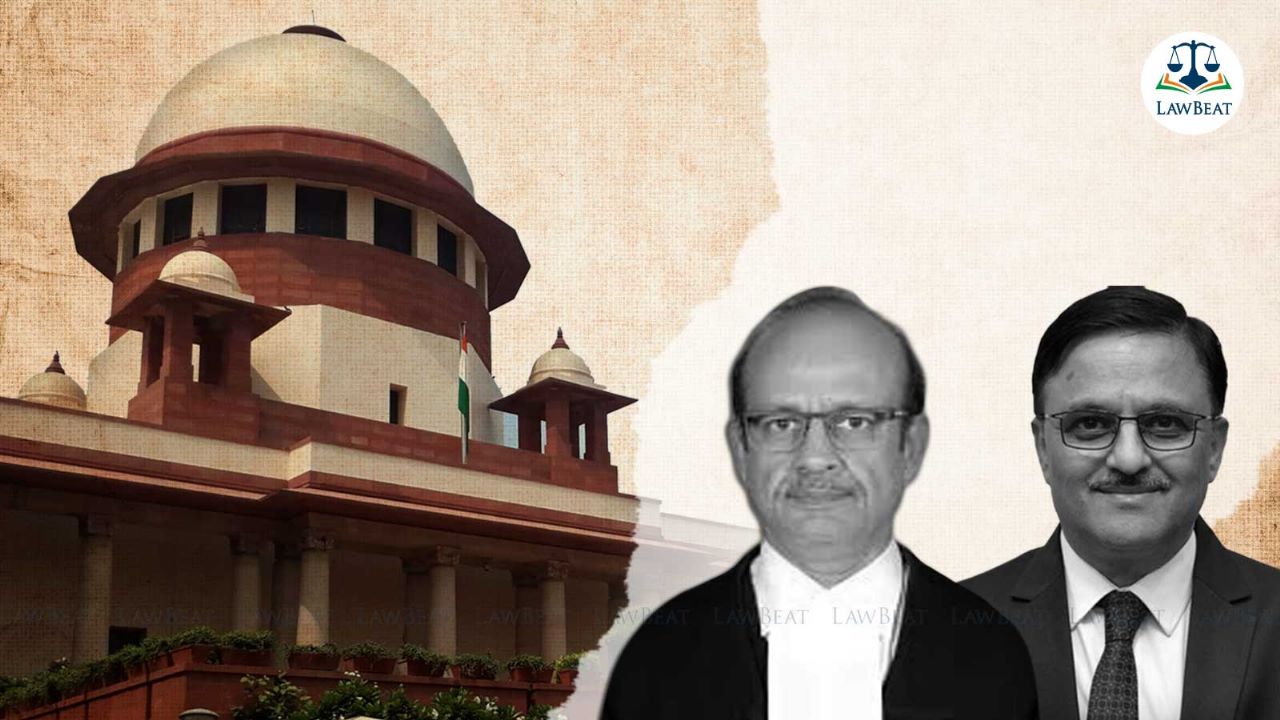"Why should we interfere at this stage?" Supreme Court on Patna High Court's stay against caste based census in Bihar

"Prima facie, we are of the opinion that the State has no power to carry out a caste-based survey, in the manner in which it is fashioned now, which would amount to a census, thus impinging upon the legislative power of the Union Parliament", the High Court had held in the impugned order.
The Supreme Court today refused to stay the order of the Patna High Court which had put on hold the controversial caste-based census in Bihar.
A Bench of Justices Abhay S Oka and Rajesh Bindal adjourned the petition filed by State of Bihar challenging the interim order of the High Court asking the State Government to immediately stop the caste-based survey and ensure that the data already collected are secured and not shared with anybody till final orders are passed.
"Why should we interfere at this stage. The High Court will go into it on 3rd July...it has recorded prima facie finding", the bench obsrved.
The division bench has further clarified that it would keep the matter pending as the High Court is slated to take it up on 3rd July. If for any reason the writ petition is not taken up by the High Court, we will consider the arguments on July 14, top court added.
Notably, the Patna High Court's decision came after the Supreme Court asked it to adjudicate on an interim application by ‘Youth for Equality’ seeking a stay on the census expeditiously. Various other pleas were clubbed with the aforementioned application.
The petitioners had challenged the census on more grounds than one. Their first contention was that the state government does not have power to conduct a census. To substantiate their point, they cited Entry 69 of List I of the Seventh Schedule to the Constitution of India. List I is Union List and its Entry 69 clearly puts the Census under the purview of the Union government. According to them, the state had no legislative competence to carry out such a survey.
The High Court bench of Chief Justice K Vinod Chandran and Justice Madhuresh Prasad observed that, "while in a ‘census’ the details of an individual are collected, in a ‘survey’ often the opinions and perceptions of the targeted persons are collected. Both result in an analysis of the data collected; which in the case of a ‘census’ are empirical, while in a ‘survey’ are mostly logical conclusions. Viewed from the above perspective, the present exercise by the State of Bihar can only be seen as an attempt to carry out a ‘census’ under the name of a ‘survey’".
High Court also criticised the government's lackadaisical attitude in ensuring data security. It observed that the declaration made by the head of the family is not absolute and even if a video conferencing service is available, there is no way to authenticate the person available on the other side.
"We also see from the notification issued that the Government intends to share data with the leaders of different parties of the State Assembly, the ruling party and opposition party which is also a matter of great concern. There definitely arises the larger question of right to privacy, which the Hon’ble Supreme Court has held to be a facet of right to life", High Ciurt had further noted.
Case Title: State of Bihar And Ors. vs. Youth for Equality And Ors.
